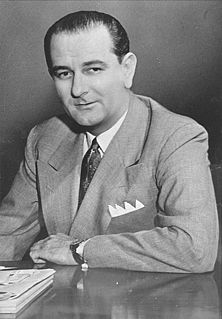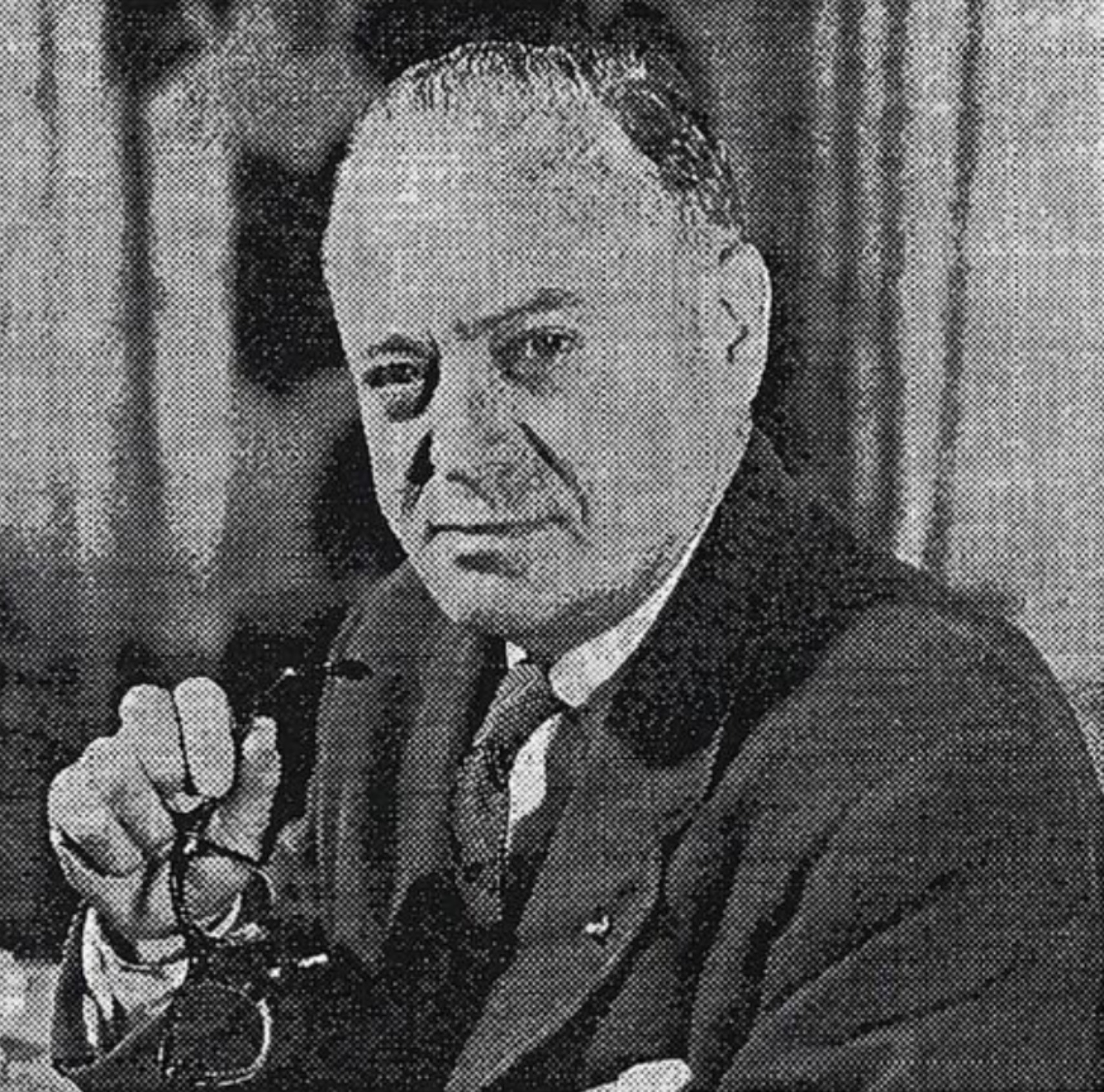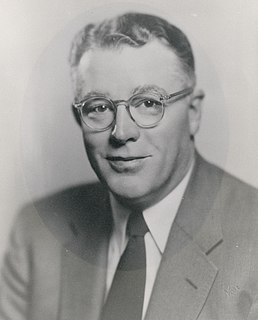
The Maine Legislature is the state legislature of the U.S. state of Maine. It is a bicameral body composed of the lower house Maine House of Representatives and the upper house Maine Senate. The Legislature convenes at the State House in Augusta, where it has met since 1832.
Patricia Helen LaMarche is an American political figure and activist with the Green Party of the United States; she was the party's vice-presidential candidate in the 2004 U.S. presidential election, with David Cobb as its presidential candidate, and was one of seven co-chairs of the party's national committee, the Green Party of the United States, elected to that position on July 24, 2005.

The 1978 United States Senate elections in the middle of Democratic President Jimmy Carter's term. Thirteen seats changed hands between parties. The Democrats at first lost a net of two seats to the Republicans, and then one more in a special election. Democrats nevertheless retained a 58-41 majority.

The 1954 United States Senate elections was a midterm election in the first term of Dwight D. Eisenhower's presidency. Eisenhower's Republican party lost a net of two seats to the Democratic opposition. This small change was just enough to give Democrats control of the chamber with the support of an Independent who caucused with them.

The 1952 United States Senate elections was an election for the United States Senate which coincided with the election of Dwight D. Eisenhower to the presidency by a large margin. The Republicans took control of the senate by managing to make a net gain of two seats, which was reduced to one when Wayne Morse (R-OR) became an independent. The Republicans still held a majority after Morse's switch. This election was the second time in history that the party in power lost their majority and the Senate Majority Leader lost his own re-election bid.

The Literary Digest was an influential American general interest weekly magazine published by Funk & Wagnalls. Founded by Isaac Kaufmann Funk in 1890, it eventually merged with two similar weekly magazines, Public Opinion and Current Opinion.

Elections to the United States House of Representatives for the 17th Congress took place in the various states between July 3, 1820 (Louisiana) and August 10, 1821 (Tennessee). In four states the election coincided with the taking of the 4th Census. Future enumerations would henceforth be held at a different time of year.

John Hathaway Reed was the 67th Governor of Maine, holding office during the 1960s. He was once an Aroostook County potato farmer. Reed was a Republican who took office following the death of Governor Clinton Clauson.

Clinton Amos Clauson was a Democratic Party politician and the 66th Governor of Maine. Clauson died while in office, having served as governor for just under a year.

Robert Nance Haskell was a Maine state senator and the 65th Governor of Maine for five days in 1959.

The 2011 United States elections were held on Tuesday, November 8. This was an off-year election, in which the only seats up for election in the United States Congress were special elections. There were also four gubernatorial races, including a special election in West Virginia. There were also state legislative elections in four states and judicial elections in three states; as well as numerous citizen initiatives, mayoral races, and a variety of other local offices on the ballot.

The 1966 Maine gubernatorial election took place on November 1, 1966. Incumbent Republican Governor John Reed, had been elected to finish the term of Clinton Clauson in 1960, was then re-elected in 1962 and became the state's first four-year Governor. Reed was seeking a second full four-year term, and was challenged by Democrat Kenneth M. Curtis. Curtis defeated Reed, beginning a twenty-year period of Republican isolation from the Blaine House.

The 1962 Maine gubernatorial election took place on November 6, 1962. Incumbent Republican Governor John Reed, had been elected in 1960 in a special election to finish the final two years of Clinton Clauson's term following his death, and was seeking a full term of his own. He faced off against Democratic challenger Maynard C. Dolloff. Reed was re-elected by one of the narrowest margins in Maine history – a mere 483 votes. As of 2020, this is the last Maine gubernatorial election in which the Republican candidate won over 50% of the vote.

The 1958 Maine gubernatorial election took place on September 8, 1958. Incumbent Democratic Governor Edmund Muskie, was term limited and seeking election to the United States Senate, thus did not run. Democrat Clinton Clauson, then mayor of Waterville, unexpectedly defeated Muskie's chosen Democratic candidate in the primary, and faced off against the popular previous two term Republican Governor, Horace Hildreth in the general election. Hildreth was the heavy favorite to win, however Clauson was able to narrowly defeat him, retaining the Blaine House for the Democrats.

In the United States, 45 of the 50 states have an office of lieutenant governor. In two of the 45 states, the speaker of the upper house of the state legislature serves in such a capacity. In most cases, the lieutenant governor is the highest officer of state after the governor, standing in for that officer when they are absent from the state or temporarily incapacitated. In the event a governor dies, resigns or is removed from office, the lieutenant governor typically becomes governor.
Some type of election in Connecticut occurs annually in each of the state's cities and towns, the exact type of which is dependent on the year. Elections for federal and statewide offices occur in even-numbered years, while municipal elections occur in odd-numbered ones.
"As Maine goes, so goes the nation" is a phrase that at one time was in wide currency in United States politics. The phrase described Maine's reputation as a bellwether state for presidential elections. Specifically, Maine's September election of a governor predicted the party outcome of the November presidential election in 19 out of the 26 presidential election years from 1832 to 1932 : 1832 through 1844, 1852, from 1860 through 1876, 1888, from 1896 through 1908 and from 1920 through 1932.

The 2020 United States elections will be held on Tuesday, November 3, 2020. All 435 seats in the United States House of Representatives, 35 of the 100 seats in the United States Senate, and the office of president of the United States will be contested. Thirteen state and territorial governorships, as well as numerous other state and local elections, will also be contested.

United States gubernatorial elections were held on 8 November 1960, in 27 states concurrent with the House, Senate elections and presidential election.
















